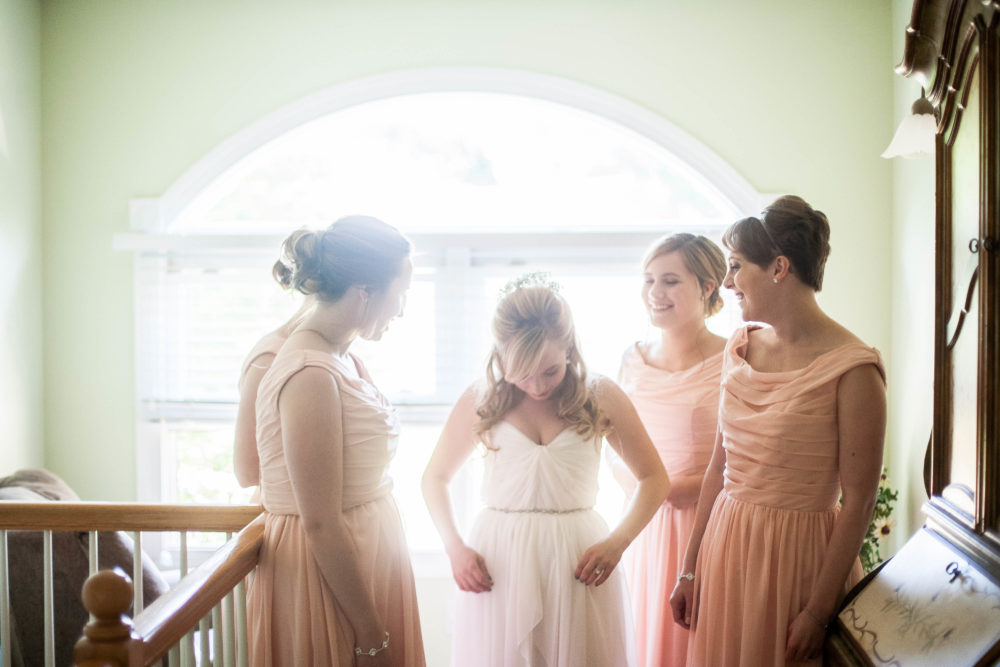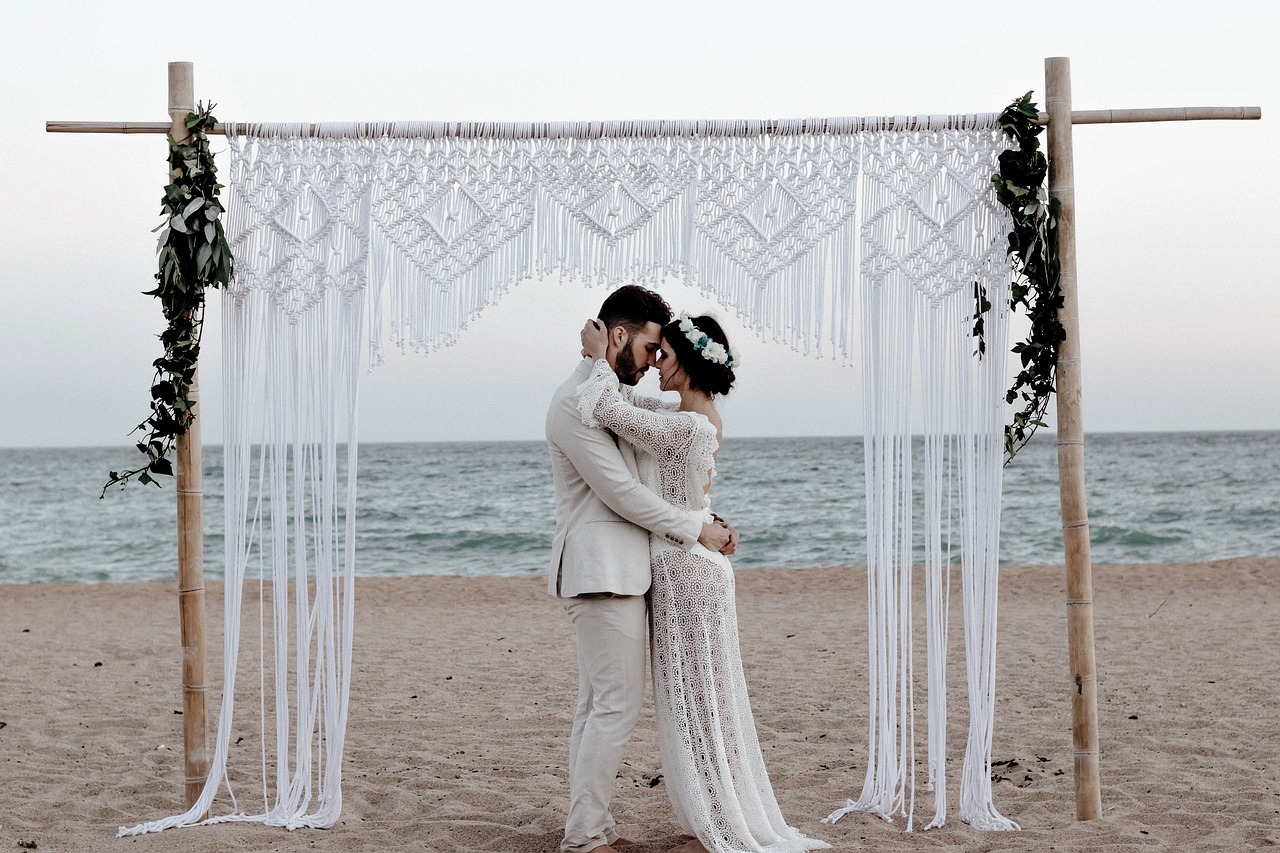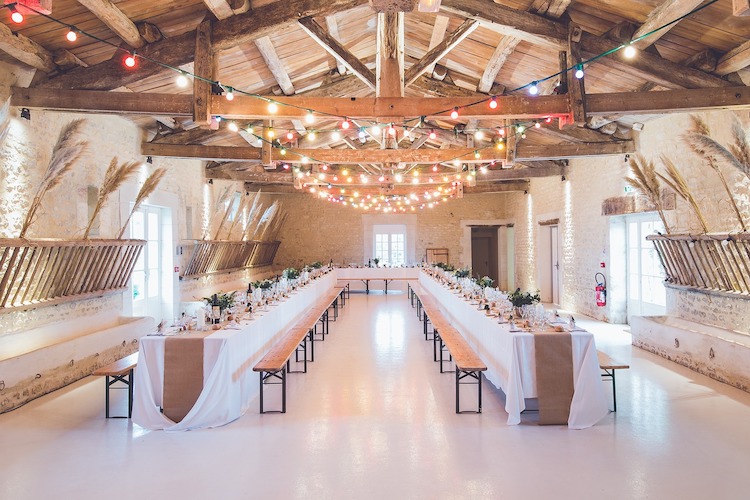We were reading engagement posts on Facebook and thought about the advice we have shared in the past. The site has over 3,000 tips, ranging from figuring out your budget through to delivering a great wedding speech. But here, we focus on the essentials: the words of advice you need to hear as soon as you get engaged. This is not the place to find tips for setting up your cake table. Instead, you’ll find the more important stuff that gets lost in the fog of bridesmaids dresses shopping or planning the table. These nuggets will make wedding planning less stressful and more fun. This is the best wedding planning advice that we have ever given.
Wedding Planning Tips
1. When discussing the wedding with friends and family, be careful.
it’s best to keep the details of your wedding a secret. By revealing details about your first song for the dance or your budget for flowers you are putting yourself open to debate. Keep your mouth shut about details, particularly if you have people around who are opinionated or predisposed to worry. Remember to prepare a one-liner in case someone asks for more information. You can say, “We’d like to keep the surprise” or “You will have to wait to see what happens on the big day!” It works like a charm. We should also point out that there are exceptions for information that is essential to the safety of your guests , or their enjoyment of the event!
2. Prioritize your goals early on.
Discuss with your partner the kind of wedding that you would like to have before you start planning. Imagine the celebration you’d like to have. You will soon know what is most important to yourself. Try to decide on three or four priorities between you and your partner. Couples often choose to have a great time with their guests, minimise stress, and throw a party reflecting their personalities. But, having a pair designer heels on their list is also acceptable! It’s important to identify your priorities before you start planning and budget. This will help you make decisions.
3. Avoid getting stuck in research ruts.
It is important to do research when planning a marriage, because you may not have planned one before. It’s easy to become overwhelmed by all the information that is available. You don’t want to feel overwhelmed by the amount of information available. It’s also important not to spend time researching aspects of your wedding that you don’t find very important (remember to keep in mind what’s most important to YOU!) You can find out how much weddings in your country cost (we’ve got guides for Ireland, UK and our other popular features right here) by researching the cost of weddings. Use our directory for the best suppliers and set yourself deadlines. You might want to choose your favorite after spending three weeks looking at inspiration for manicures.
4. Mastering the art of budgeting.
The cost of your wedding can quickly spiral out of control without a detailed budget. This is true whether you have EUR2,000, EUR20,000, or EUR200,000 available to spend. Here’s how to calculate your wedding budget . A contingency, which we recommend at 12.5% is essential. then decide on a method to keep track of spending. Spreadsheets are the most common. It’s no secret that very few couples are able to stay within their budget. But if you keep track of your spending, you have a better chance.
5. Treat potential guests to the A, B , C and D List.
divide your closest and dearest family members into groups based on their importance to you. This will give you an A list. B list. C list. D list. It’s true that may be a bit cutthroat. But the alternative is to make a list with everyone you know, and then write it all down in red. It’s not kinder and it takes twice as long. This feature shows you how to apply the A-D List method and provides handy guidelines on which family and friends fall into which category.
6. Get rid of anything that doesn’t resonate with you.
Weddings are no different. They tend to follow the same formula as any other party. This formula is extremely useful when planning. There’s no sense in having a ritual of hand-fasting just because your friends did, or giving an address if you hate public speaking. You can do whatever you like. If you don’t want bridesmaids to wear dresses, you can skip the photo booth and the bouquet toss. Your unconventional wedding will not disappoint anyone. They’ll even enjoy it more because is authentic to you and partner. Those elements that will have a major impact on your guests’ experience need to be handled with care. It’s okay to be creative with your food, but you should still ensure that everyone has enough to eat.
7. You can trust your suppliers.
It’s not easy to assemble a team of suppliers for your wedding, but once you have done so, you will be able to breathe a sigh relief. We prefer to approach suppliers in the following way: Find the right people and communicate your vision. Then, let them do what they are best at! Booking vendors that you are happy with will make wedding planning much easier. A good supplier can improvise, offer alternatives and solve problems when they arise. Remember that the supplier is an expert!
8. Working to a fake deadline.
When it comes to planning your wedding, organisation is essential. Throwing a party that seems effortless actually requires a lot more effort and it is easy to run out time at the last minute. We recommend to plan your wedding like it’s a month before the actual date. By the time you reach your fake wedding date, you will still be ahead of schedule, even if you have some things to do. You can relax and enjoy the days leading up to your big day.
9. Delegate your heart out.
It takes a village for a wedding to be planned – doing everything by yourself can lead to unnecessary anxiety. Asking for help and calling in favors can be a difficult task. But your guests are more than willing to lend a helping hand. Your wedding party, parents, siblings, and closest friends are likely to expect a few jobs! delegating is a great way to get your wedding planned. Just make sure you pick your helpers carefully. You can delegate the more menial jobs to others. Keep a running count of the tasks that each person is performing so you never lose track. Also, thank everyone in your speeches.
10. Do not stress over small details.
It’s easy to become distracted by the extras. You may find yourself worrying about table decorations, dinner playlist, or even chair decor. These little details can have a positive impact on the mood of the wedding day but they are not the most important. Guests rarely notice these small touches. If you are unsure about something, consider asking yourself “Will I remember this in a week? How about a month later, or a year after?” Give yourself permission to drop it off your list if the answer is “probably”. The same goes for minor family dramas. By the time the wedding day arrives, you’ll likely forget about the drama surrounding the mother of bride’s dress and the guest list.




